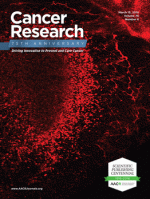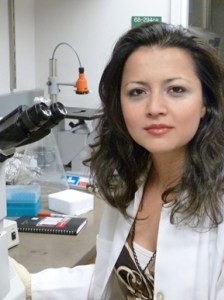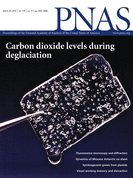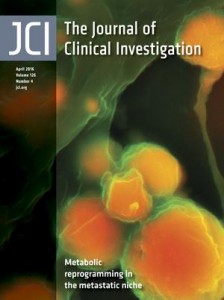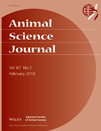 Normally, when we see disputes over fraud allegations, it’s one author accusing another — but an unusual case at Cell has recently crossed our desk.
Normally, when we see disputes over fraud allegations, it’s one author accusing another — but an unusual case at Cell has recently crossed our desk.
The journal has flagged a paper after an author confessed to committing fraud himself — but the corresponding author is disputing that confession, citing concerns about the confessor’s “motives and credibility.”
Independent labs are repeating the experiments to determine if the third author on the paper did, as he so claims, manipulate experiments. In the meantime, Cell and Molecular Cell have issued expressions of concern (EOCs) for two papers on which Yao-Yun Liang was a co-author. The notices cite an inquiry at Baylor College of Medicine, where the work was done, which was inconclusive, and recommended the journals take no action about the papers.
The EOCs are pretty much the same (both journals are published by Cell Press). Here’s the EOC that appears on “PPM1A functions as a Smad phosphatase to terminate TGFbeta signaling,” published in 2006 by Cell and cited 251 times, according to Thomson Reuters Web of Science:
Continue reading Cell Press flags two papers after author confesses to fraud

